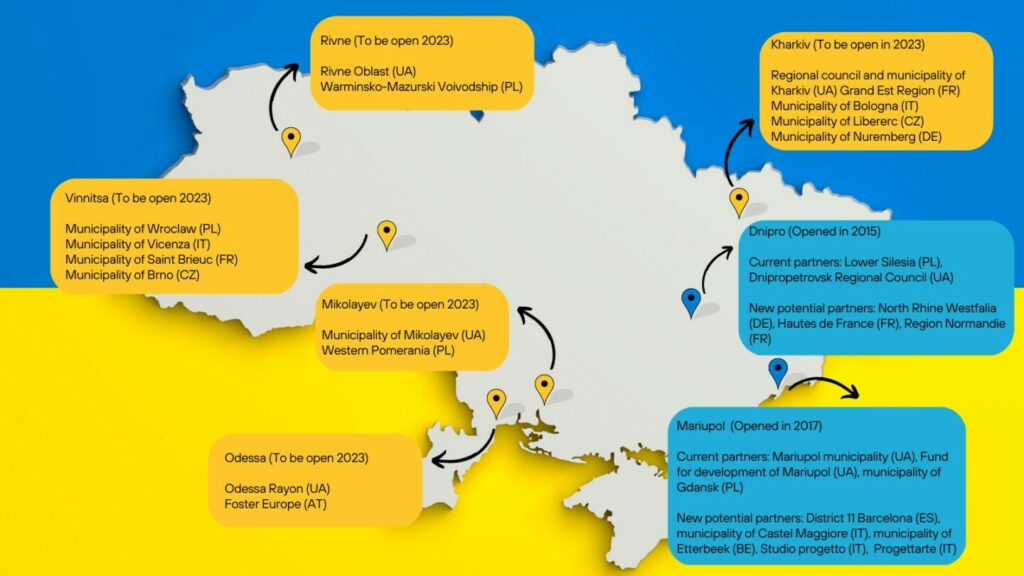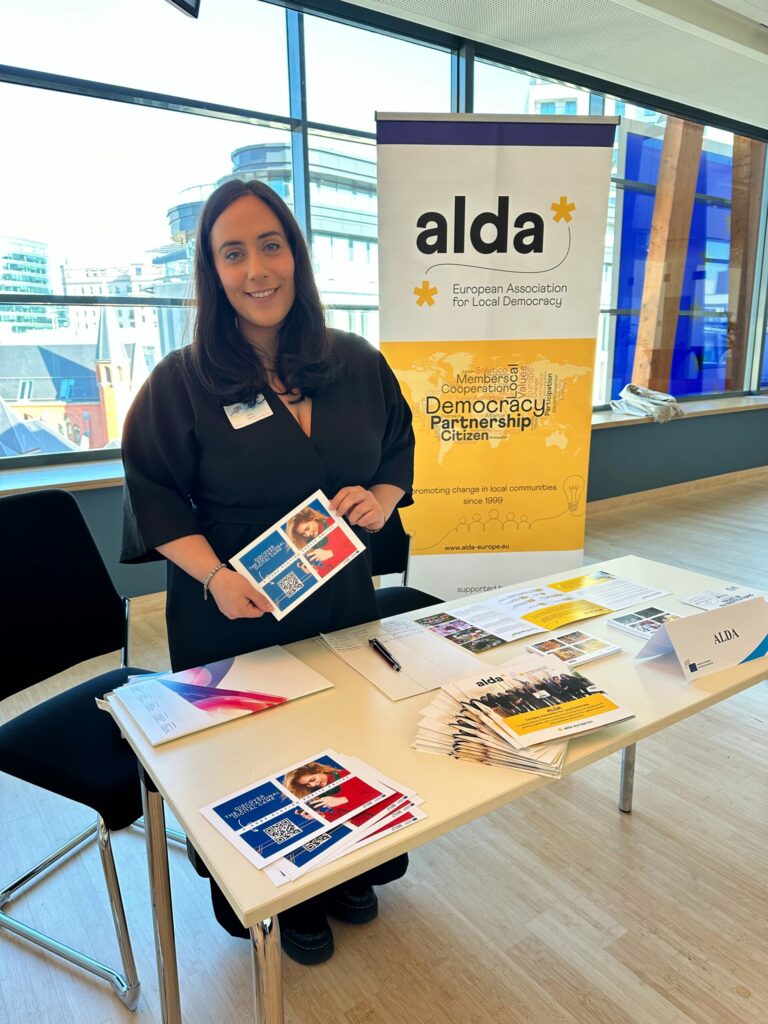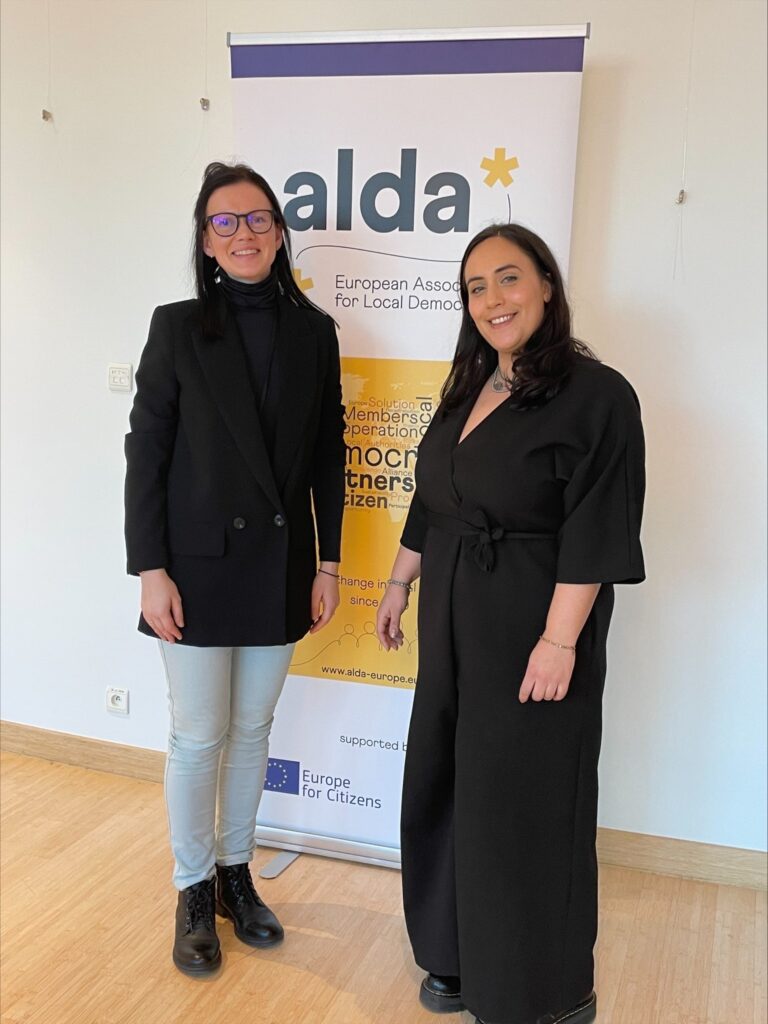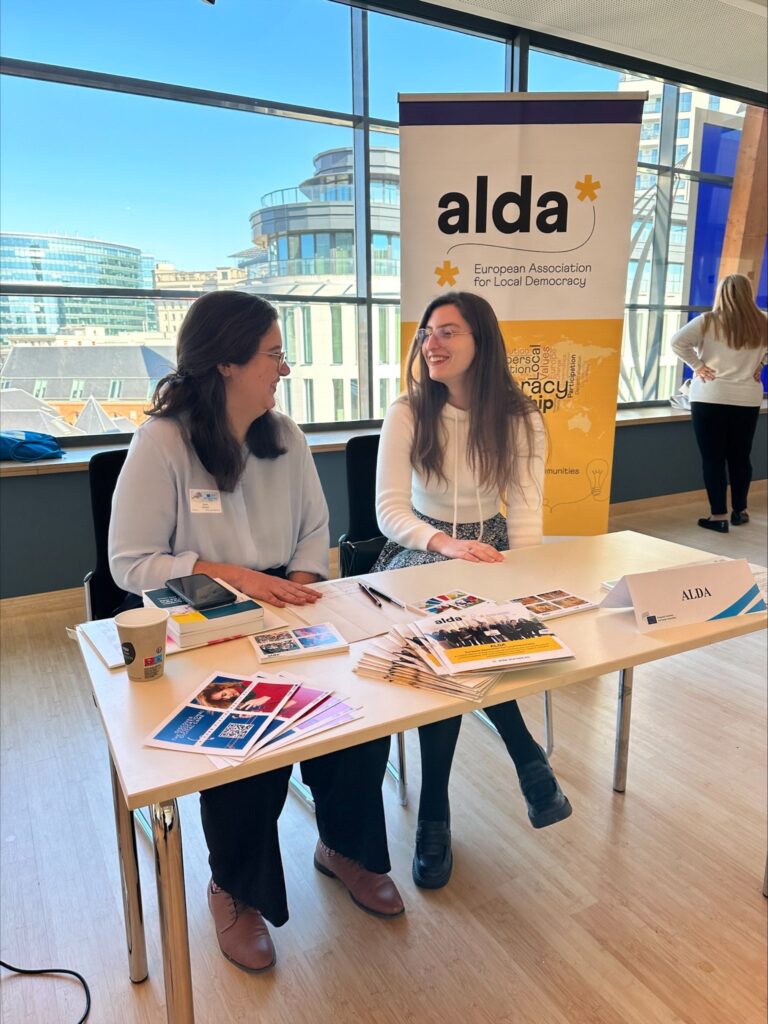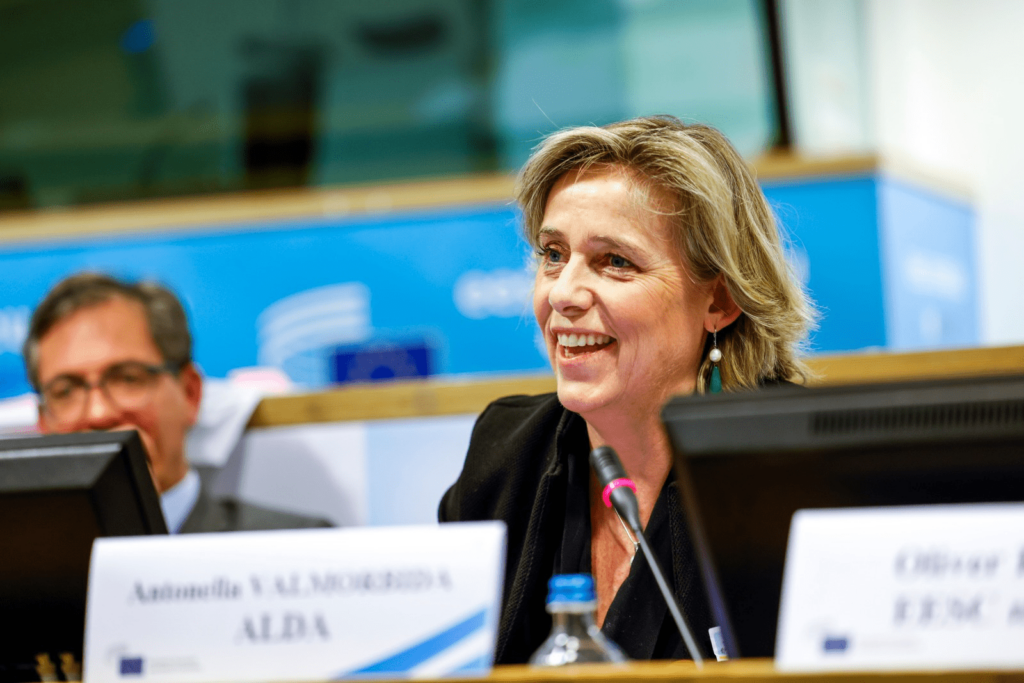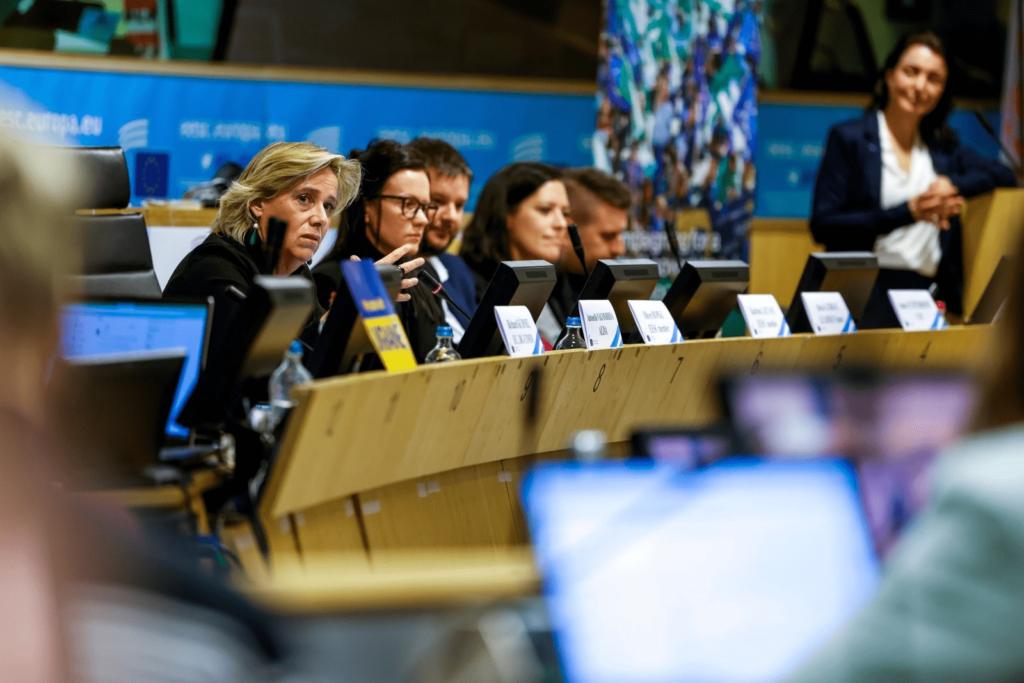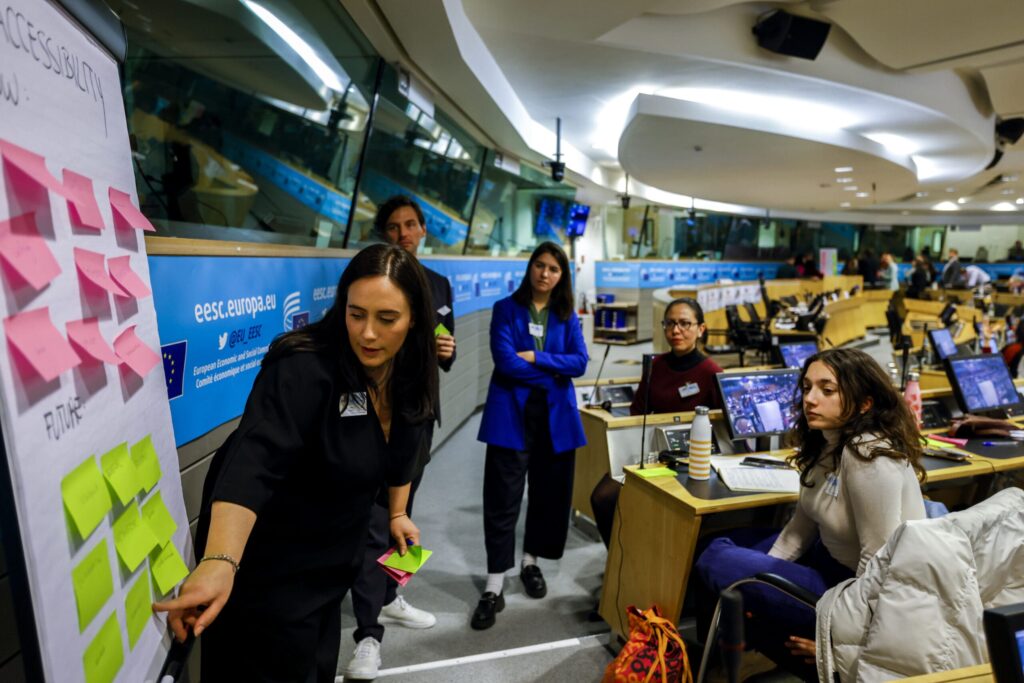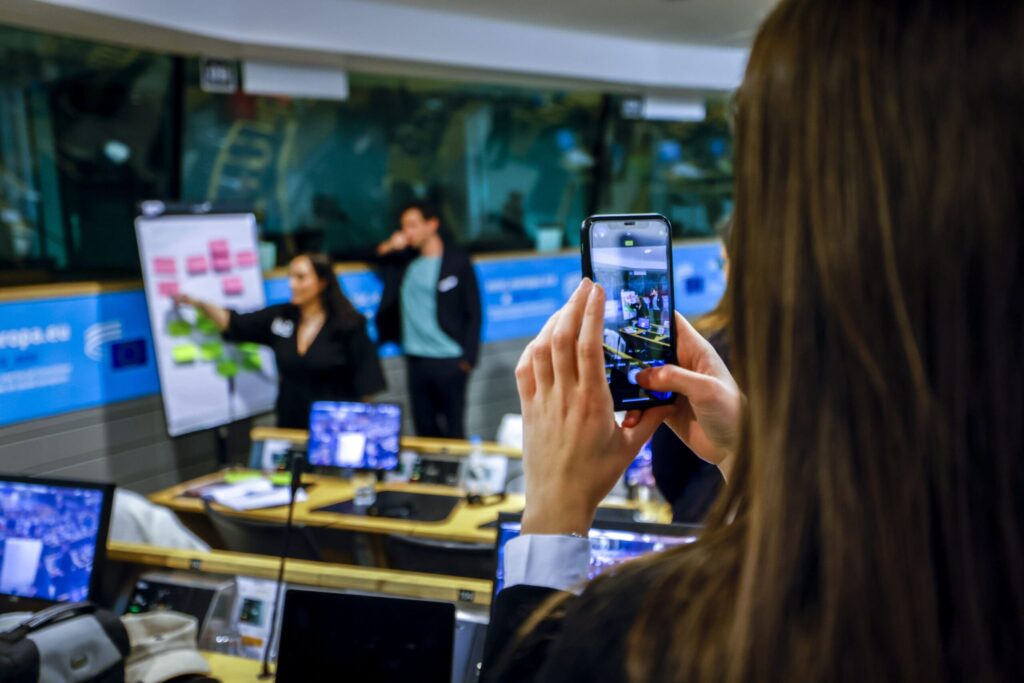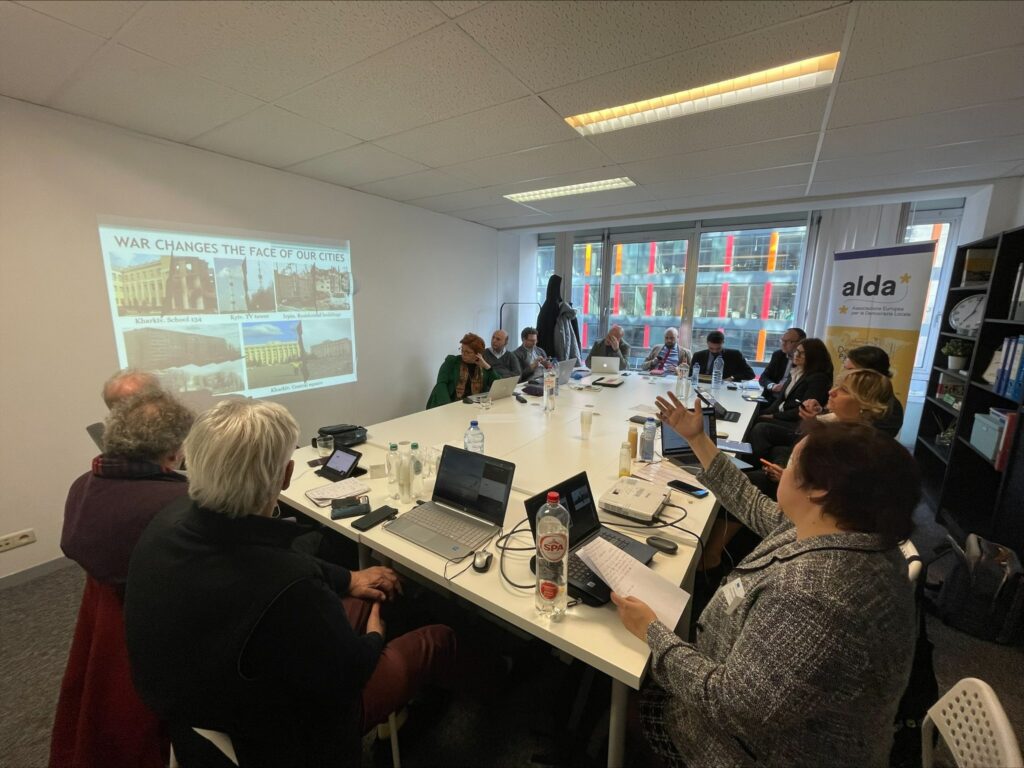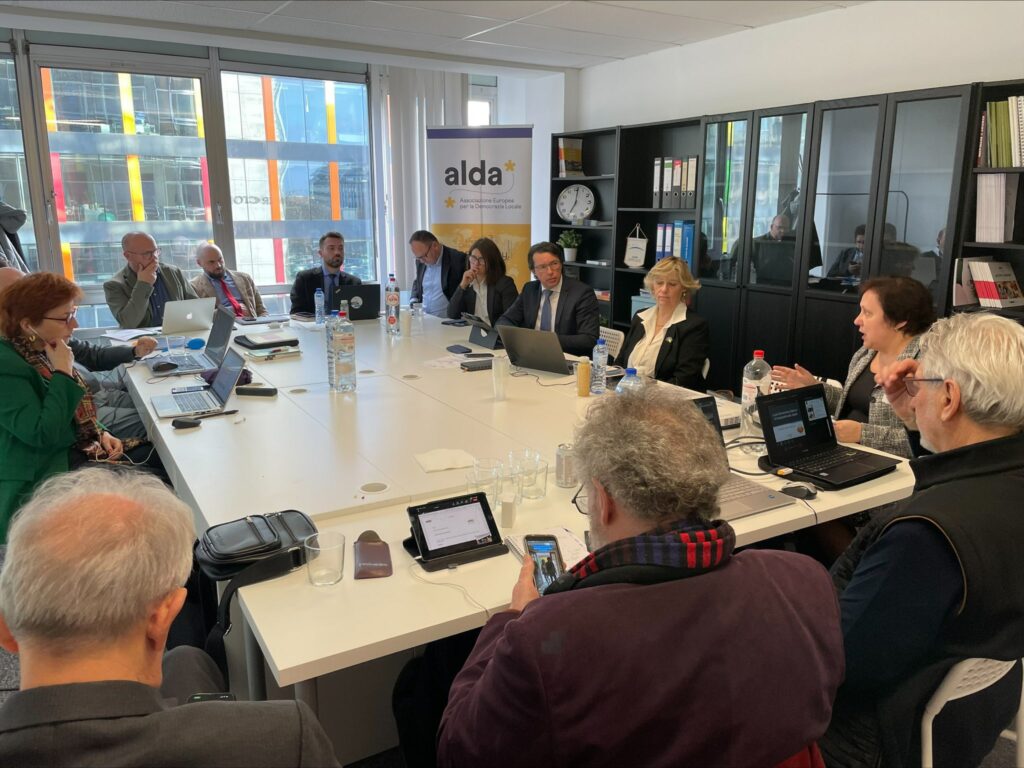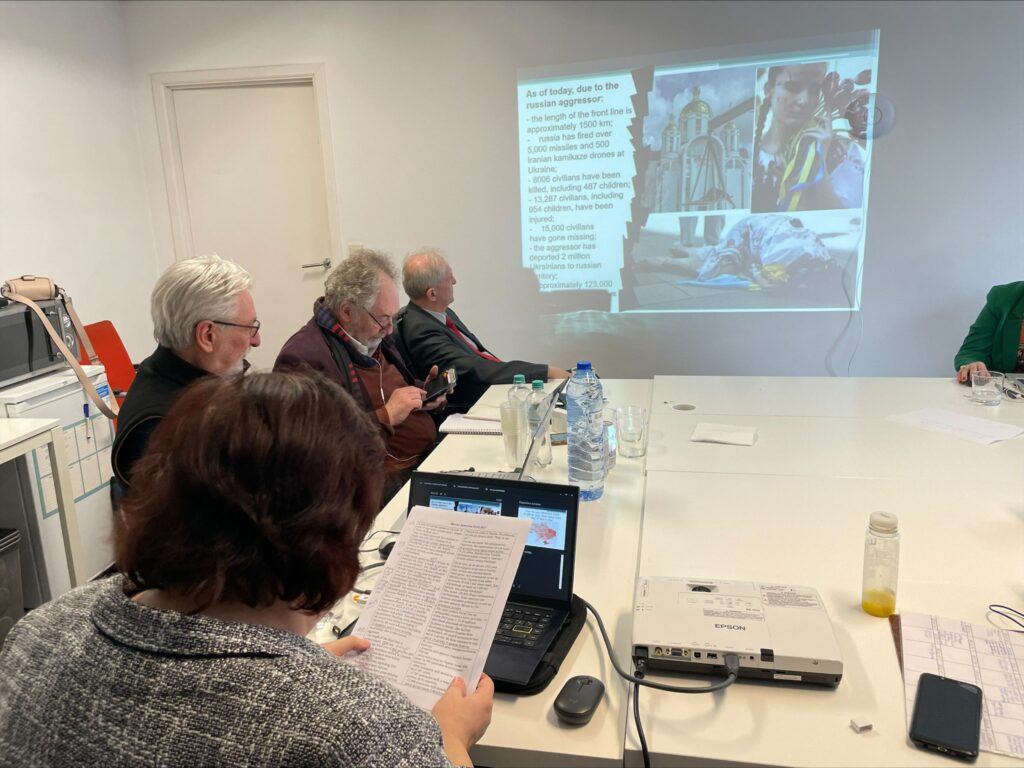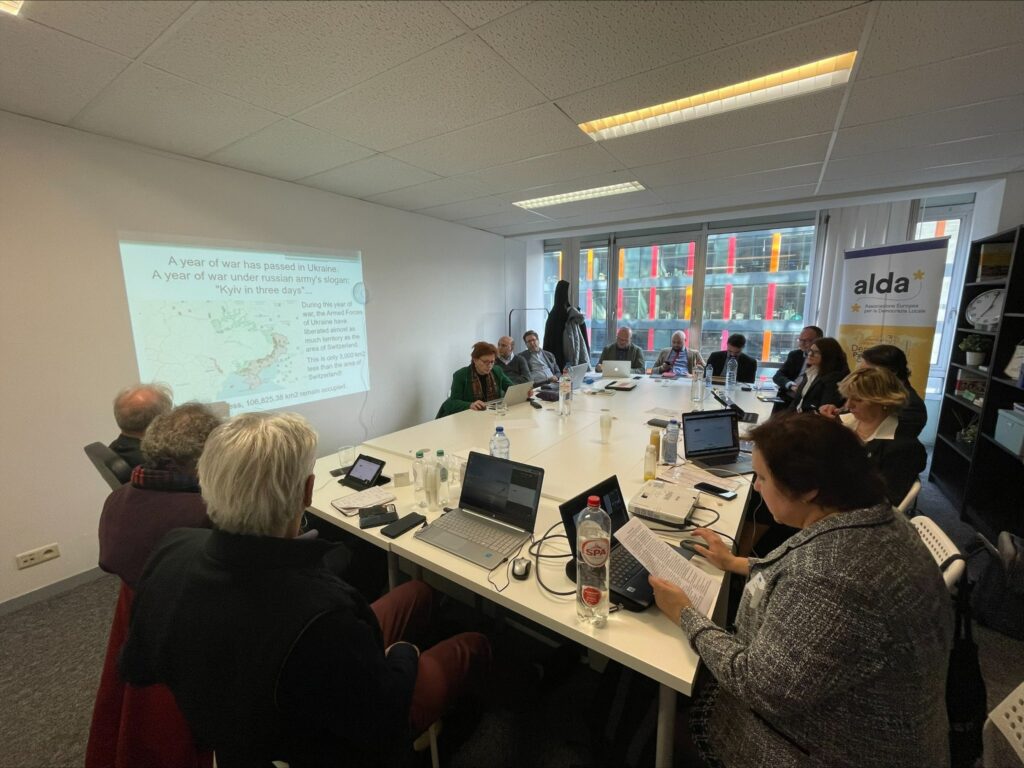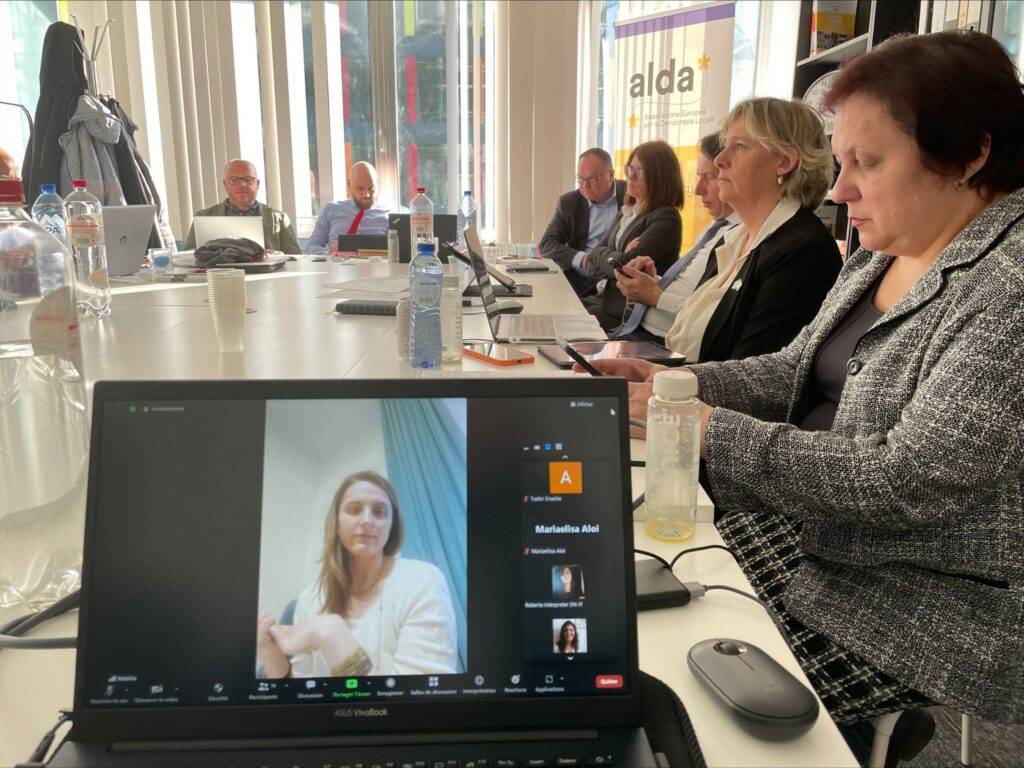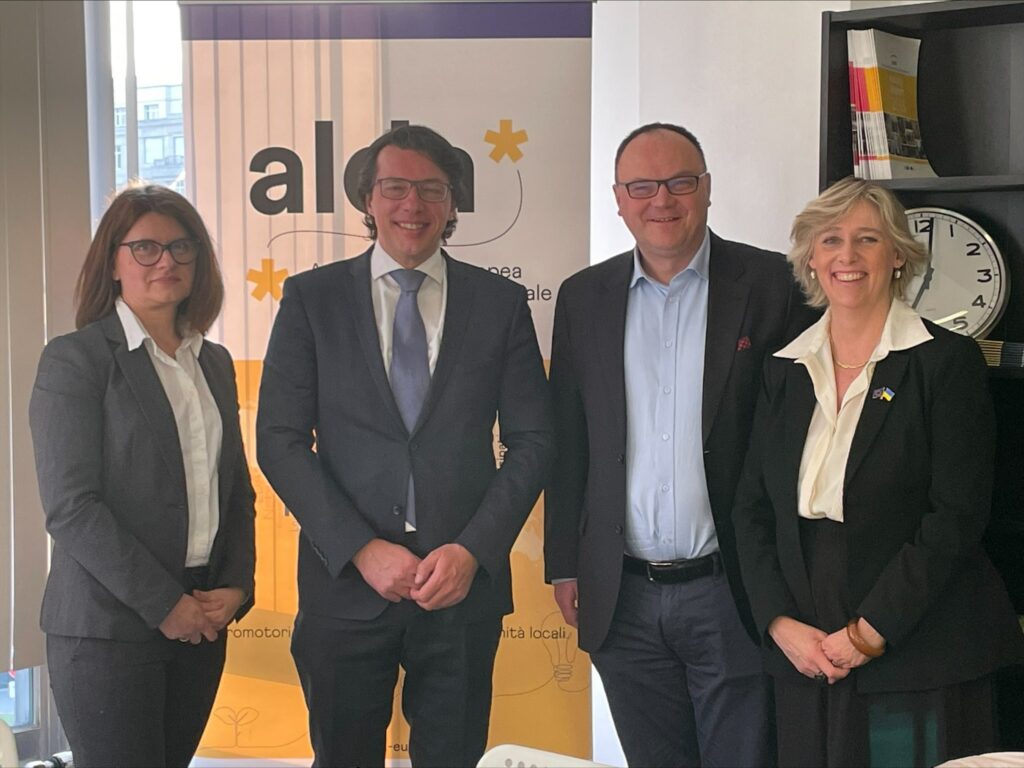On March 20, 2023, the Intergovernmental Panel on Climate Change (IPCC) published the Synthesis Report of its Sixth Global Assessment. The IPCC is the United Nations body for assessing the science related to climate change. Its objective is to provide political leaders with periodic scientific assessments on climate issues. Thousands of experts around the world contribute as authors and review editors.
The aforementioned Sixth Assessment Report (AR6) is the final instalment of a cycle lasting 6-8 years and it summarises the results of the three working group reports about climate change published in 2021 and 2022. Additionally, it includes some remarks on the three special reports published since the last assessment. This document contains a complete reviewof the scientific global knowledge of the climate to date.
The report shows how despite the efforts of countries to reduce global warming, it is likely that warming will exceed 1.5°C during this century. The AR6 states that limiting warming to well below 2°C by 2030 will be complicated to achieve in 7 years, yet achieving 1.5°C is still possible if we take action now considering that the current status is around 1.1°C of warming.
Human-caused climate change is already causing climate extremes across the world, intensifying environmental losses and damages that are affecting the most vulnerable populations by exacerbating poverty and increasing inequality. The current warming is already affecting almost half of the population who live in the danger zone of the climate impacts with extreme weather events such as flooding, drought, and destruction of the natural ecosystems. Experts warn that increasing to 1.5 °C warming will provoke high risks and irreversible losses.
The IPCC suggests reducing emissions by at least 43% until 2030. To do so, the IPCC highlights the technologies already developed as opportunities to adapt and mitigate climate change focused on the areas of energy supply, adequate management of land, water and foods, settlements and infrastructure, health, society, livelihood, and economy.
This final report is a call for governments, businesses, civil society, and individuals to act consciously about the present and future generations. This collaborative work involves mitigating the climate change impacts by aiming at climate neutrality.
Due to climate change and its consequences, ALDA’s strategic plan (2020-2024) has prioritised environmental and sustainability projects
In line with these premises, ALDA’s strategic plan (2020-2024) has prioritised environmental and sustainability projects. In line with the European Green Deal, ALDA collaborates with key local, metropolitan, regional, and international stakeholders focusing on five main thematic areas: climate change adaptation and mitigation in urban and rural areas, flood risk mitigation and soil conservation, information and environmental governance, biodiversity conservation, and sustainable agri-food systems.
Specifically, ALDA contributes to climate change mitigation through various projects, in line with the research process of the IPCC reports. In particular:
NEVERMORE (New Enabling Visions and tools for End-users and stakeholders thanks to a common Modeling approach towards a climate-neutral and resilient society) project, funded by the European Union’s Horizon Europe programme, aims to develop integrated models and tools for simulating and assessing the impacts and risks of climate change. The project was launched following the publication of the IPCC report ‘A code red for humanity’. Since then, the project has based its activities and policy scenario formulation on the intergovernmental body’s findings. In addition, it is expected that some of the project’s research will contribute to the Seventh Assessment Report.
The latest IPCC Assessment Report is a warning that solutions must be applied in real life to prevent worse impacts, and ALDA will continue to work at the forefront of good governance and participatory processes to promote decentralised cooperation in the common endeavor to mitigate and adapt to climate change.
Do not miss two active calls for proposals carried out by ALDA that can help to put in practice the solutions in line with the IPCC report:
Climate of Change calls for proposals for Youth Associations based in Belgium and France – funding for the implementation of action on the nexus between climate change and migration. Call Deadline : April 10th
Respond Locally to Global Issues – Call for proposal for local actions on Sustainability – funding for EU based ALDA members implementing activities to promote sustainability and equality. Call Deadline : April 17th
